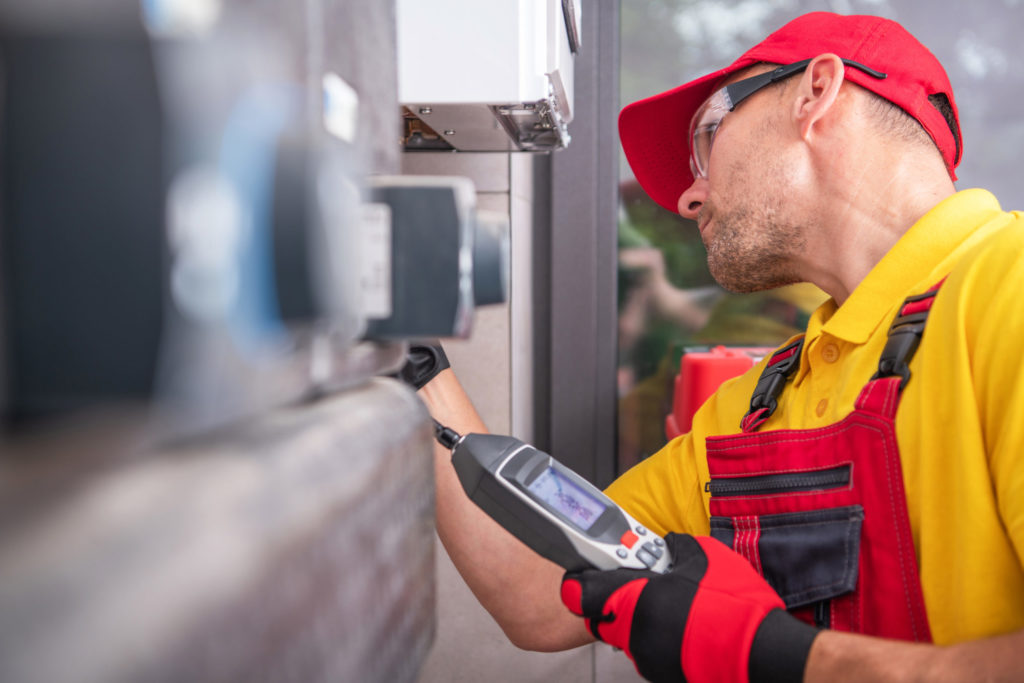What do you really know about your HVAC system? Most homeowners know how to operate their thermostats and only care about their air conditioner when something breaks. However, you may find that you believe a few misconceptions about your HVAC that can hurt your home and your wallet.
It’s time to bust these myths. Here are three incorrect beliefs about HVAC units and the truth behind them.
Your HVAC system will last 15 to 20 years.
One of the most common HVAC misconceptions is that your unit will last for up to two decades. This gives many homeowners peace of mind because they don’t have to worry about an expensive repair in the near future. However, this is only a rough estimate of how long a unit is expected to last. There are multiple outside factors that can shorten the life of your air conditioner.
First, heat and humidity will wear out a unit. If you live in an area of high moisture (like the American South), your unit might not last as long as it could. AC units also wear out from use. If you live in a hot area where you use the air conditioner almost daily, then it will wear down faster. You might have to replace your system every 10 years.
Also, you have the power to control how long your unit lasts. Routine maintenance can extend the life of your system and prevent leaks or debris from building up. If you ignore your unit each year, it could continue to wear down.
This doesn’t mean that your HVAC system is delicate, but it does highlight the importance of good maintenance, especially in humid areas.
Your HVAC system pumps out clean air.
This is another misconception on the cause and effect of HVAC systems. Many people think that the air generated by an air conditioner is automatically clean. However, this isn’t true. An HVAC unit pushes air through a series of filters that catch particles like dirt and dust.
But when these filters get clogged, they aren’t as effective. Dirt can build up and eventually pass through into your house.
The air in your home can also become dirty because of your ducts. If your air ducts are dusty or moldy, the air will pick up these particles when it flows through.
Change your filters regularly and keep your air ducts clean if you want to breathe clean air.
A programmable thermostat will save you money.
Everyone wants lower energy bills, and programmable thermostats seem to promise easy solutions to this problem. However, there are lots of misconceptions about these devices.
A smart thermostat alone won’t be enough to reduce your energy consumption. The thermostat is meant to follow whatever schedule you set, not save you money. While it’s useful to turn off your unit at work when you forget to adjust it before you leave, many people spend more money because they program their units incorrectly.
Maintenance also affects your energy bills and can have a bigger impact than a smart thermostat. A poorly maintained unit will drive up energy costs and frustrate homeowners. First, invest in your unit to make sure it runs at its best. Then, look into Wi-Fi-connected options for your convenience.
The point of debunking these myths isn’t to scare you. Instead, the goal is to prepare you to make smart decisions with your heating and cooling systems. If you haven’t scheduled a technician to complete routine maintenance on your unit in a while, now is the time to call. This can extend the life of your unit, lower your energy bills, and improve the air you breathe.

